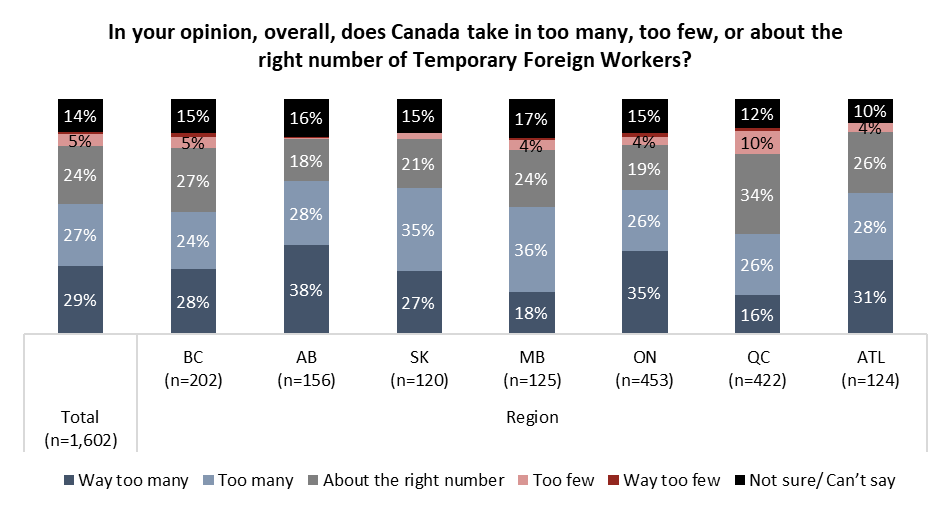Poilievre & TFW Program: Impact on Immigrant Workers in Canada

Poilievre & TFW Program: Impact on Workers in Canada
The debate surrounding Canada’s Temporary Foreign Worker Program (TFWP) has intensified, especially with Pierre Poilievre calling for its cancellation. Poilievre argues the program limits job opportunities, a claim that has sparked considerable discussion, particularly in cities like Toronto and Vancouver. This article explores the potential impact of such a decision, focusing on how it could affect newcomers and the Canadian economy. See how this relates to broader immigration policies.
Understanding the Temporary Foreign Worker Program
The Temporary Foreign Worker Program allows Canadian employers to hire foreign nationals to fill temporary labour and skill shortages when qualified Canadian workers are not available. Employers are required to demonstrate their efforts to recruit Canadians first. Industries that heavily rely on the TFWP include agriculture, hospitality, and construction, sectors vital to the economies of provinces like Alberta and British Columbia. You can also check related information on the official government website.
Poilievre’s Position on the TFWP
Pierre Poilievre’s rationale for cancelling the Temporary Foreign Worker Program is rooted in the belief that it prevents Canadians, including recent immigrants, from securing jobs. He contends that employers are incentivized to hire temporary workers at lower wages instead of investing in training and offering competitive salaries to Canadian citizens and permanent residents. This argument resonates with some Canadians who feel they are being undercut in the job market.
Impact on Workers
Eliminating the Temporary Foreign Worker Program could have significant consequences for workers already in Canada and those planning to come. Many newcomers use the TFWP as a pathway to permanent residency, gaining valuable work experience and establishing themselves in the Canadian workforce. Cancelling the program could disrupt their plans and create uncertainty about their future in Canada. Consider the impact on those working in the Niagara region’s agricultural sector or in the bustling restaurants of Montreal; their ability to contribute and build a life in Canada could be severely hampered. Learn more about immigrant support services.
Potential Job Losses
While the intention might be to create more opportunities for Canadians, cancelling the Temporary Foreign Worker Program could lead to job losses in certain sectors. If employers are unable to find enough Canadian workers to fill essential roles, businesses may be forced to reduce operations or even close down. This could have a ripple effect throughout the economy, impacting related industries and services. A careful and phased approach might be a more prudent strategy.
Exploring Alternative Solutions
Instead of completely eliminating the TFWP, alternative solutions could be explored. Strengthening enforcement of existing regulations, increasing investment in skills training for Canadians, and improving pathways to permanent residency for temporary workers could be more effective approaches. The government could also focus on addressing the root causes of labour shortages, such as affordable housing and accessible childcare, which can make it easier for Canadians to participate in the workforce. Local organizations in Calgary and Edmonton, for example, offer programs to help newcomers integrate into the job market, and these could be expanded. Check out available government programs for more details.
Finding a Balanced Approach
The debate surrounding the Temporary Foreign Worker Program highlights the complex challenges of balancing the needs of Canadian workers with the demands of a growing economy. While addressing concerns about wage depression and job displacement is crucial, it’s equally important to consider the potential consequences of abruptly ending a program that many industries rely on and that provides a valuable pathway to immigration for many individuals. A balanced approach that prioritizes both Canadian workers and newcomers is essential for ensuring a prosperous and inclusive future for all.
For more information on immigration and working in Canada, consider consulting with an immigration lawyer.

